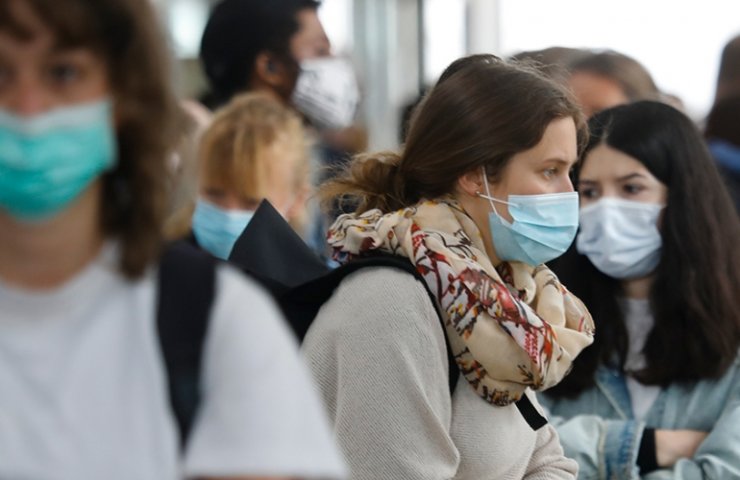The coronavirus strain, first identified in the UK, has already been found in 22 countries in the WHO European Region. Because it spreads more easily from person to person, experts are urging authorities to tighten precautions to avoid putting additional strain on health systems. This was stated by the head of the WHO European Office, Dr. Hans Kluge.
In general, 28 million cases of coronavirus infection were confirmed in the region, 580 thousand of them were fatal last year. The 27 countries participating in the international monitoring system registered 313,000 additional deaths last year. This is three times more than in 2018 and 5 times more than in 2019.
Currently, 230 million people in the WHO European Region live under strict quarantine measures taken to stop the spread of coronavirus, and a number of countries intend to tighten the quarantine regime next week. Infection rates in the region remain very high - about 150 cases per week per hundred thousand population.
In some countries there is a decline, but according to Dr. Kluge, this may well be due to the holidays, when people are less likely to see a doctor, so the data may not reflect the real situation.
According to the head of the WHO European Office, the emergence of a new mutated strain should alert the authorities, since it is known that this variant of the coronavirus can spread faster. That is, we are talking about the fact that a larger number of infected people can further complicate the work of medical institutions. The virus itself is no more dangerous than previous versions, and children, contrary to rumors, are not at greater risk of contracting it.
The World Health Organization (WHO) recommends carefully studying all cases of sudden outbreaks of the disease, increasing the volume of sequencing of identified pathogens, and sharing the data obtained to help scientists better understand the circulation parameters of this and other strains of coronavirus. “It is very important now to show solidarity in science,” emphasized Dr. Kluge.
With regard to vaccines, WHO urges first and foremost to provide protection to health workers and vulnerable groups to infection. This is to relieve the burden on health care systems. “I want to assure you that WHO and its partners are doing everything possible to ensure that all countries in the region receive vaccines,” said the head of the organization's European Bureau. “It is now imperative that every country that can help other countries with vaccines and support universal access to vaccines do so. We cannot allow anyone to be left behind. "
Overall, according to Dr. Kluge, the pandemic has reached a tipping point: "It is now necessary to form a united front of science, politics, the technology industry and moral values to defeat the stubborn and elusive virus," he said.




